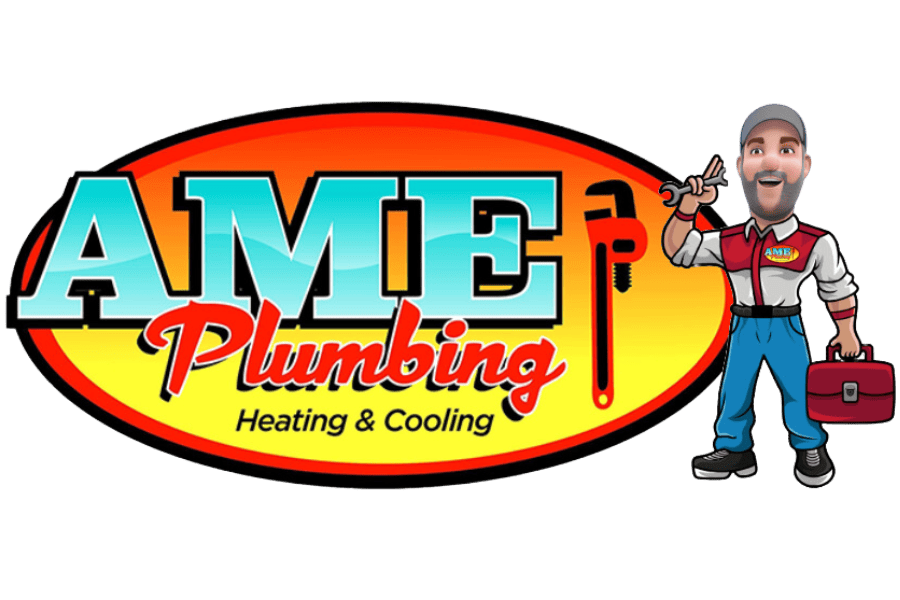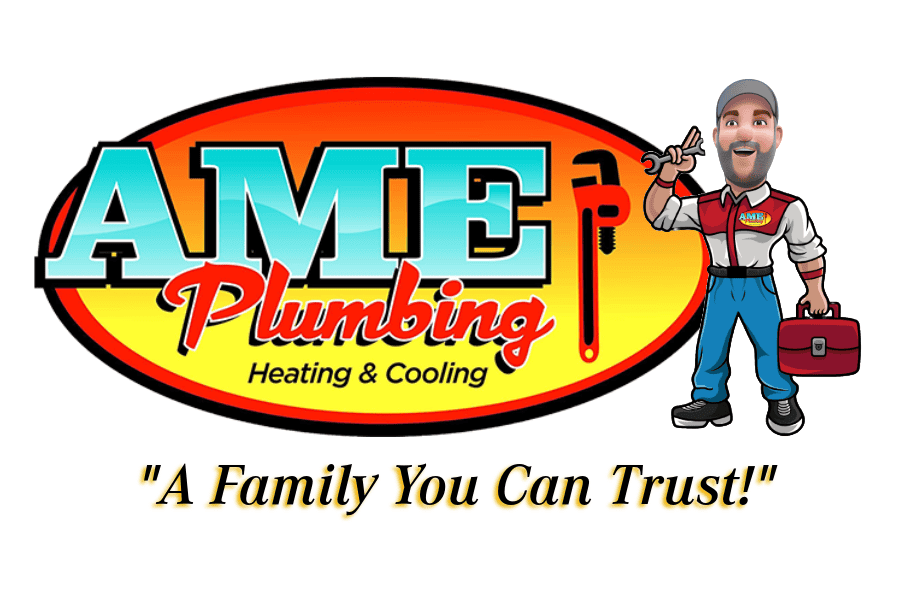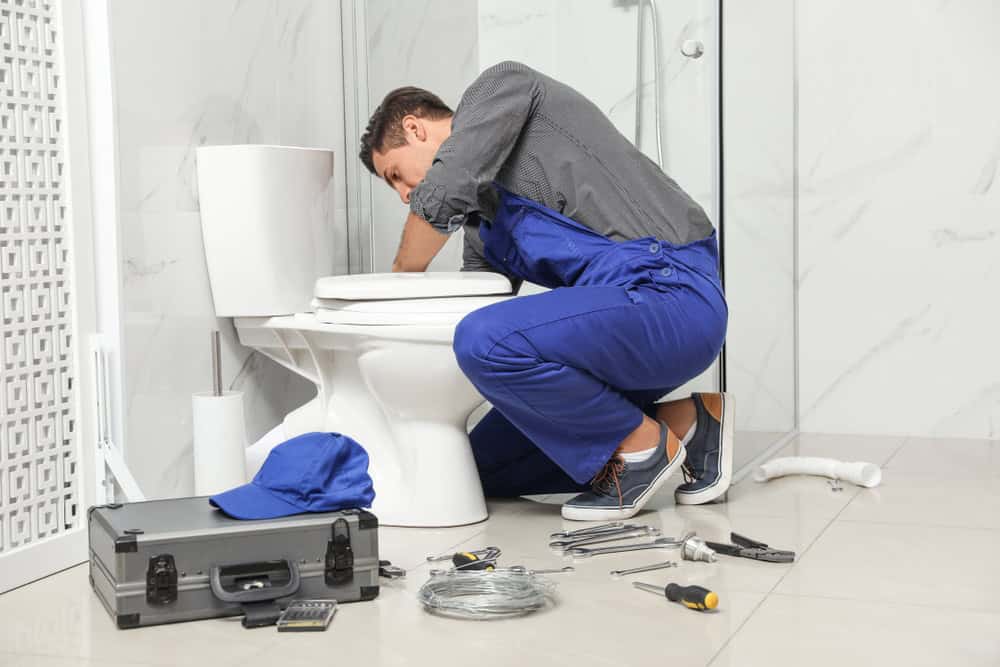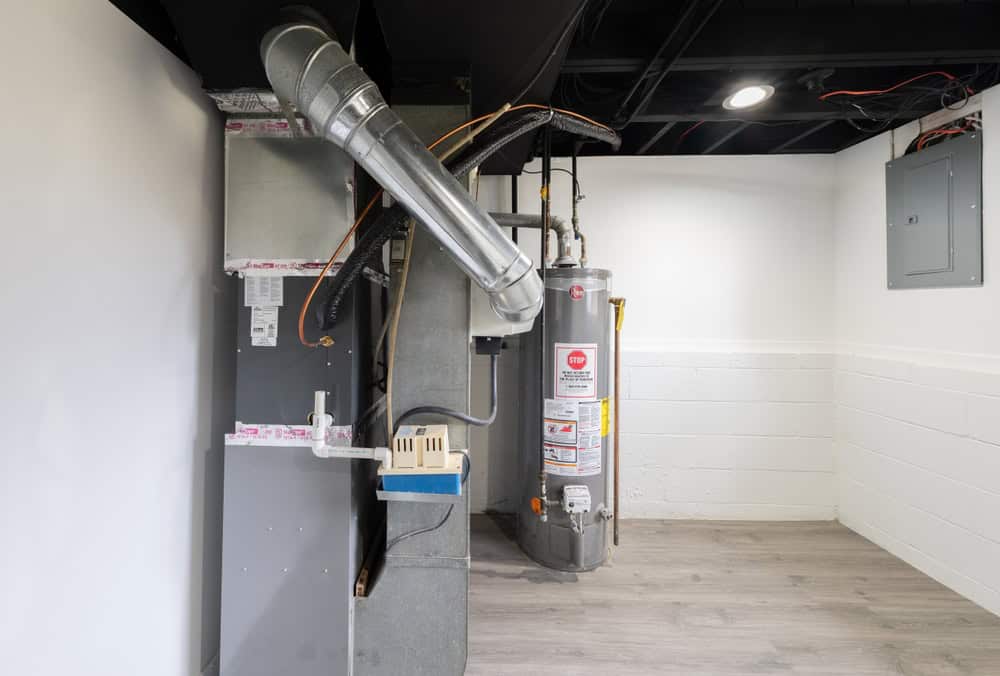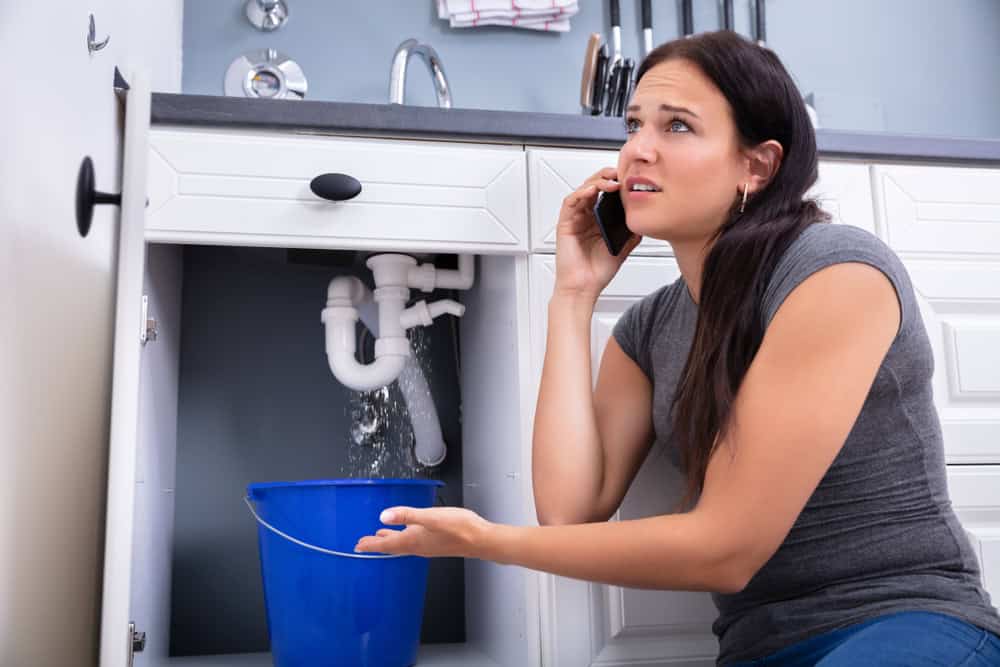Summary:
Clear Signs You Need Emergency Plumbing Services
Some plumbing situations demand immediate professional attention, regardless of the time or day. These emergencies can cause thousands of dollars in damage within hours if left unaddressed.
Water actively flowing where it shouldn’t—from burst pipes, overflowing toilets, or major leaks—requires shutting off your main water supply and calling an emergency plumber immediately. Gas odors anywhere in your home signal a potentially dangerous leak that demands evacuation and professional intervention.
Sewage backups present both property damage and health hazards that only trained professionals should handle.
Water Damage Prevention: Acting Fast Saves Money
Water damage accounts for nearly 24% of all homeowners insurance claims, making quick action crucial when plumbing problems arise. A burst pipe can release 50 gallons per minute from a half-inch line, while larger pipes can discharge over 3,000 gallons per minute.
The key is recognizing early warning signs before they become emergencies. Water stains on ceilings or walls indicate hidden leaks that have been present long enough to cause structural damage. These stains often appear yellowish initially but can darken to brown over time, sometimes accompanied by sagging that signals potential ceiling collapse.
Low water pressure throughout multiple fixtures often indicates a main line problem rather than individual fixture issues. This could signal a leak in your water supply line, which requires professional diagnostic equipment to locate and repair properly. Ignoring these signs typically leads to more extensive damage and higher repair costs.
We use specialized cameras and detection equipment to identify problems before they cause visible damage. This proactive approach prevents the trial-and-error methods that can worsen existing problems or miss underlying issues entirely.
Monmouth County's Unique Plumbing Challenges
Monmouth County’s clay soil and mature tree systems create specific drainage challenges that turn minor clogs into major plumbing disasters without proper intervention. The area’s iron-rich water contributes to mineral scale buildup that roughens pipe interiors, providing surfaces where organic matter adheres more readily.
Tree root infiltration becomes particularly problematic in areas with mature oak and maple trees. These roots seek moisture and nutrients found in sewer lines, growing through joints and creating complete blockages that require professional hydro jetting or mechanical removal.
Clay soil common throughout Monmouth County can shift and settle, placing stress on underground pipes and creating misalignments that trap debris. This soil type also retains moisture, creating ideal conditions for root growth near sewer lines.
As professional plumbers familiar with these local conditions, we understand how to address root intrusion without damaging pipes, use appropriate pressure settings for different pipe materials, and recognize when environmental factors contribute to recurring problems. We calibrate our approach based on whether you have cast iron systems common in older Monmouth County homes or newer PVC installations.
When DIY Solutions Stop Working
Most homeowners can handle basic plumbing maintenance like unclogging toilets with plungers or replacing faucet washers. However, certain situations require professional tools, expertise, and licensing that DIY approaches can’t provide.
Multiple drains clogging simultaneously signals a main sewer line problem that requires professional diagnosis and clearing. Chemical drain cleaners often worsen these problems by partially dissolving blockages that reform downstream or by corroding pipes, creating rough surfaces that encourage future accumulations.
Persistent problems that return shortly after DIY fixes indicate underlying issues that need professional attention.
Hydro Jetting vs. Traditional Drain Cleaning
When standard drain snakes fail to clear persistent clogs, professional hydro jetting becomes necessary. This process uses high-pressure water streams—typically 1,500 to 4,000 PSI—to completely clean pipe interiors rather than just punching holes through blockages.
Traditional snaking methods often leave grease and debris buildup on pipe walls, allowing clogs to reform quickly. Hydro jetting removes these accumulations entirely, providing longer-lasting results and reducing the frequency of future service calls.
The process requires professional equipment and expertise to prevent pipe damage. Different pipe materials require different pressure settings—cast iron systems need different approaches than PVC installations. We inspect pipes with cameras before hydro jetting to ensure the pipes can handle the pressure and to identify the most effective cleaning strategy.
Commercial properties particularly benefit from hydro jetting because their larger pipes and higher usage create more substantial buildup. Restaurants and businesses that deal with grease regularly find that hydro jetting provides the thorough cleaning necessary to prevent recurring blockages that could disrupt operations.
Commercial Plumbing: When Downtime Costs Money
Commercial plumbing problems create different urgency levels than residential issues because business downtime directly impacts revenue. A clogged drain in a restaurant kitchen or an overflowing toilet in an office building can force operations to halt until repairs are completed.
Commercial systems handle higher volumes and more diverse waste streams than residential plumbing, making them more susceptible to complex blockages that require professional intervention. Grease accumulation in restaurant drain lines, for example, requires specialized cleaning techniques and equipment that only professional plumbers possess.
Many commercial properties implement preventive maintenance schedules with professional plumbers to avoid emergency situations entirely. These scheduled services include regular drain cleaning, water heater maintenance, and system inspections that identify potential problems before they disrupt business operations.
We understand local health department requirements, building codes, and industry-specific regulations that affect repairs and installations. We carry appropriate licensing and insurance for commercial work and can provide documentation required for health inspections or insurance claims.
Choosing Professional Help in Monmouth County
Professional plumbers provide more than just repairs—we offer expertise in local conditions, proper diagnostic tools, and long-term solutions that prevent recurring problems. Emergency services may cost 1.5 to 3 times regular rates, but acting quickly prevents major damage and expensive restoration costs.
The best approach combines recognizing warning signs early with establishing a relationship with a trusted local plumber before emergencies arise. Regular maintenance and prompt attention to minor issues prevent the costly disasters that occur when small problems are ignored.
When plumbing problems arise in Monmouth County, we at AME Plumbing Heating and Cooling provide the professional expertise and 24/7 emergency services that protect your property and restore your peace of mind.
